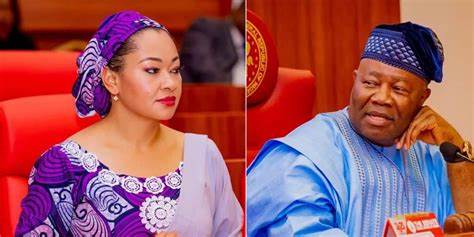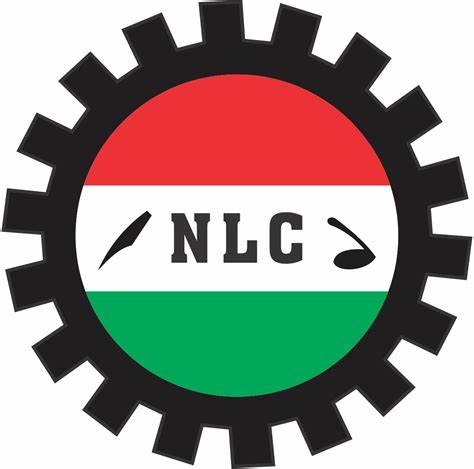by Alexander O. Onukwue
Why has Prof Osinbajo’s call to Churches to fight corruption faced scepticism among the people?
Nigeria is a secular state by formal pronouncement, but not so in practice. The State allows for special observances for the practices of many religious groups, especially Christians and Muslims. Public Holidays are declared regularly to allow citizens of different Faiths to commemorate their holy seasons, regardless of whether they occur on work days. In many public offices, work virtually stops on Fridays after everybody goes to the mosque.
The politics of religion permeates the choices of public officials, from the pairing for a party’s Presidential ticket to the constitution of Ministers on the cabinet. It is ironic that June 12, the infamously annulled most free and fair election where Nigerians voted as one, did not consider that. Pardon the digression.
The economic reality in the country, over the years, has influenced the number of the religious organisations in the country. There are no official numbers from the Bureau of Statistics, but a casual stroll through urban areas in the South will reveal just as many Churches as there are big businesses employing and paying labour. After registration with the Corporate Affairs Commission, a tax-exempt status means all the wealth that can potentially accrue through daily services, crusades and appreciations for miracles, are for the Daddy and Mummy to determine its fate.
For the “mushroom” religious centres, unemployment and underemployment have their roles in turning the minds of individuals and couples towards something more instantaneously lucrative. Anyone with a fair smack of English, who terminates a sequence of three sentences with rhyming words, and knows a few passages of the Bible, can really start a Church; to quote Joy Isi-Bewaji’s now ubiquitously controversial piece, it really doesn’t take a calling nowadays.
But it is not in these MSME Churches that ‘Big Corrupt Men’ hide their spoils, is it? Nigeria is witnessing the advent of mega-Churches in its big cities, especially Abuja and Lagos, not minding that these mega-cities have slums in them from which helpless communities are being driven away like destitute. It is really in these places that the big bucks flow, where foreign tongue-twisting ministers are flown in every weekend to inspire the people to turn up for the Lord.
In that Father’s Day address, Prof Osinbajo had said that Churches should start telling corrupt people that “we will not accept you here”, but has he not noticed that the byline for many is actually “come as you are”? Though the centrality of their stated missions are more about service to God and through which service to humanity flows, it has been the recent tradition to equate the comfort of the present life to alignment with the Divine purpose. And generally speaking, people will go where they are accepted for what they are, appreciated for what they have, and can use what they have to meet people of influence.
So who and what are the enablers of Church Corruption?
The dire straits of the economy, which lead many to seek alternatives, or the deviation of purpose by the Church leaders, who seem more interested in having an ensemble cast concert-like congregations than running places of worship?














